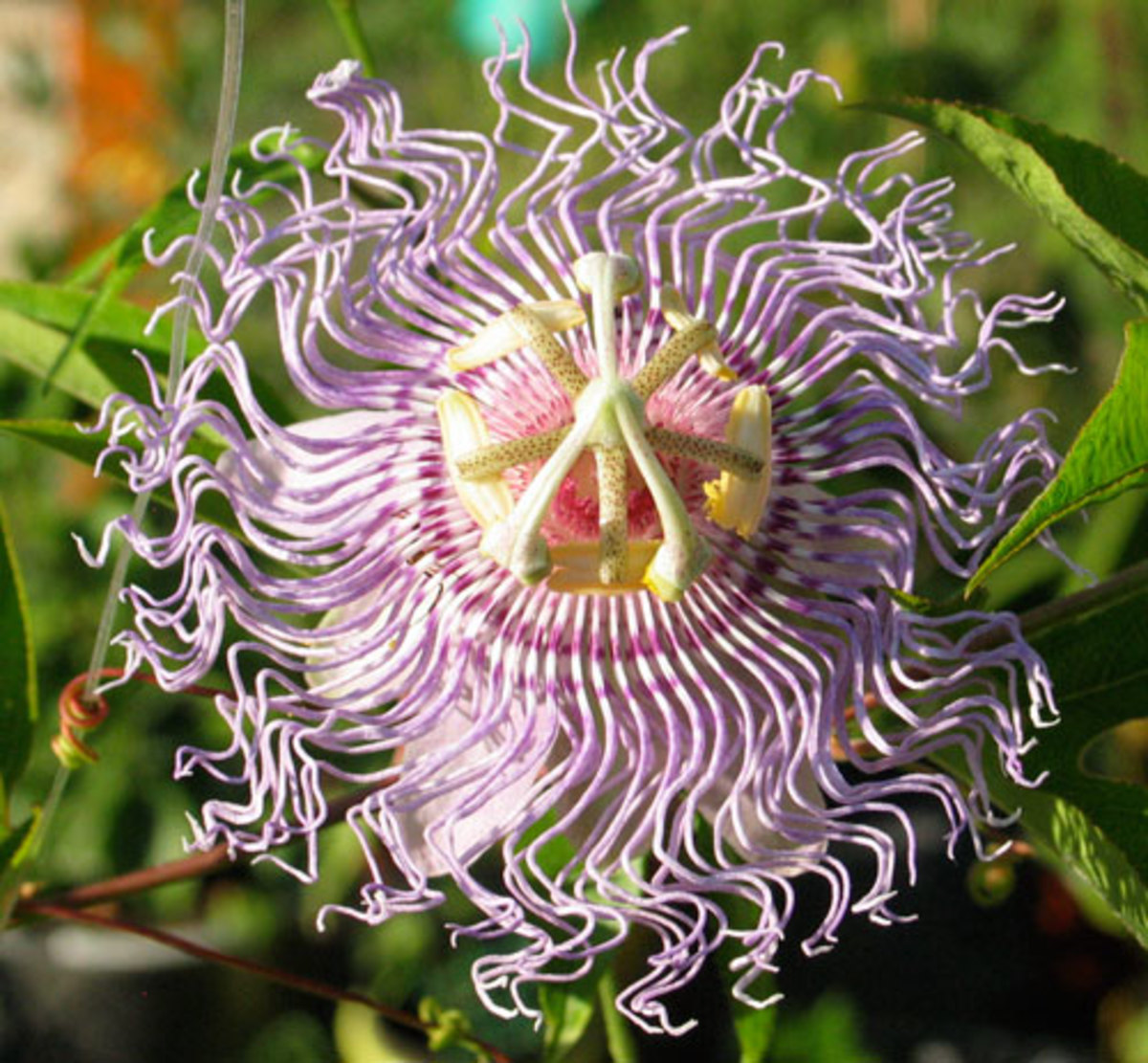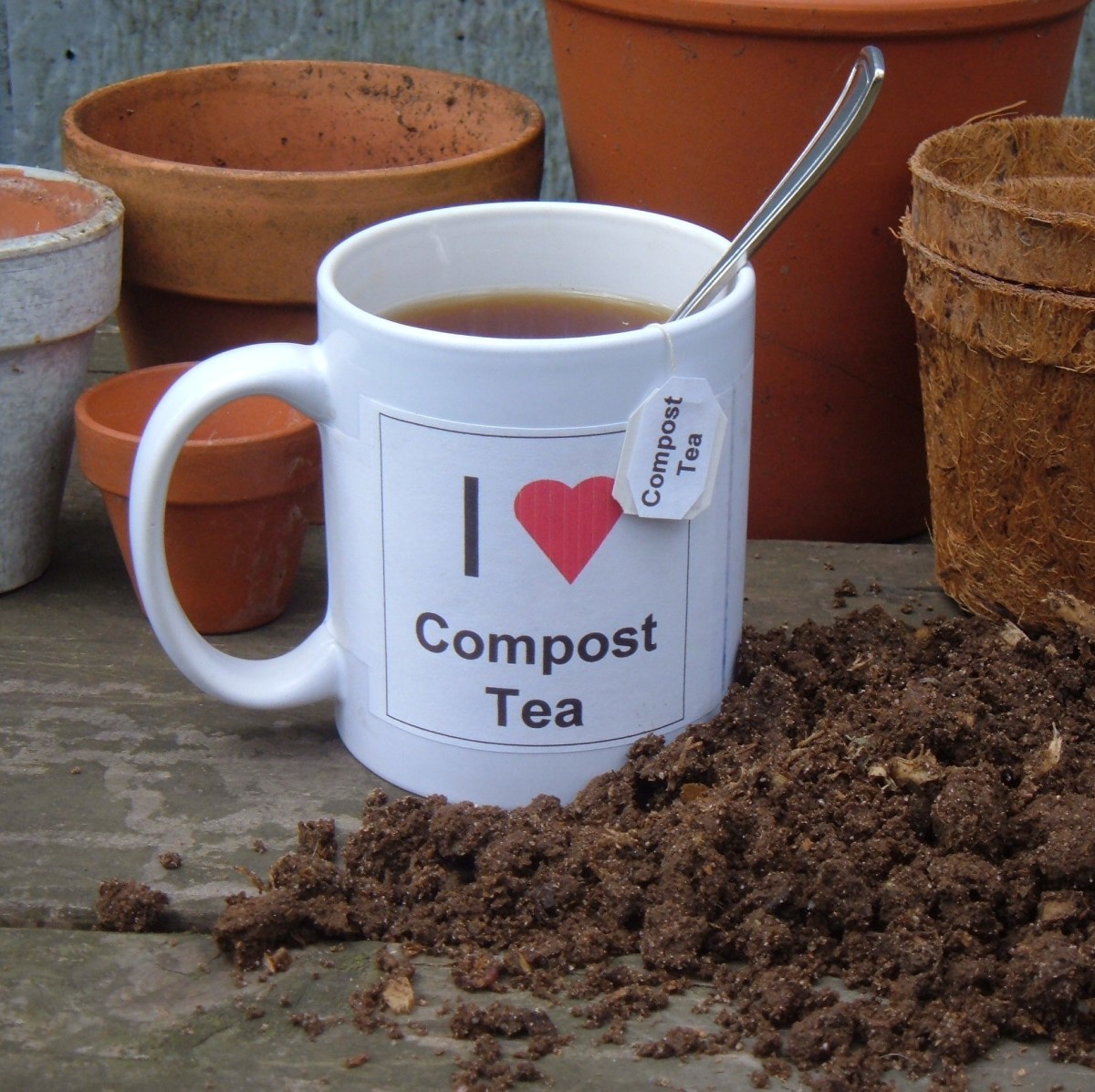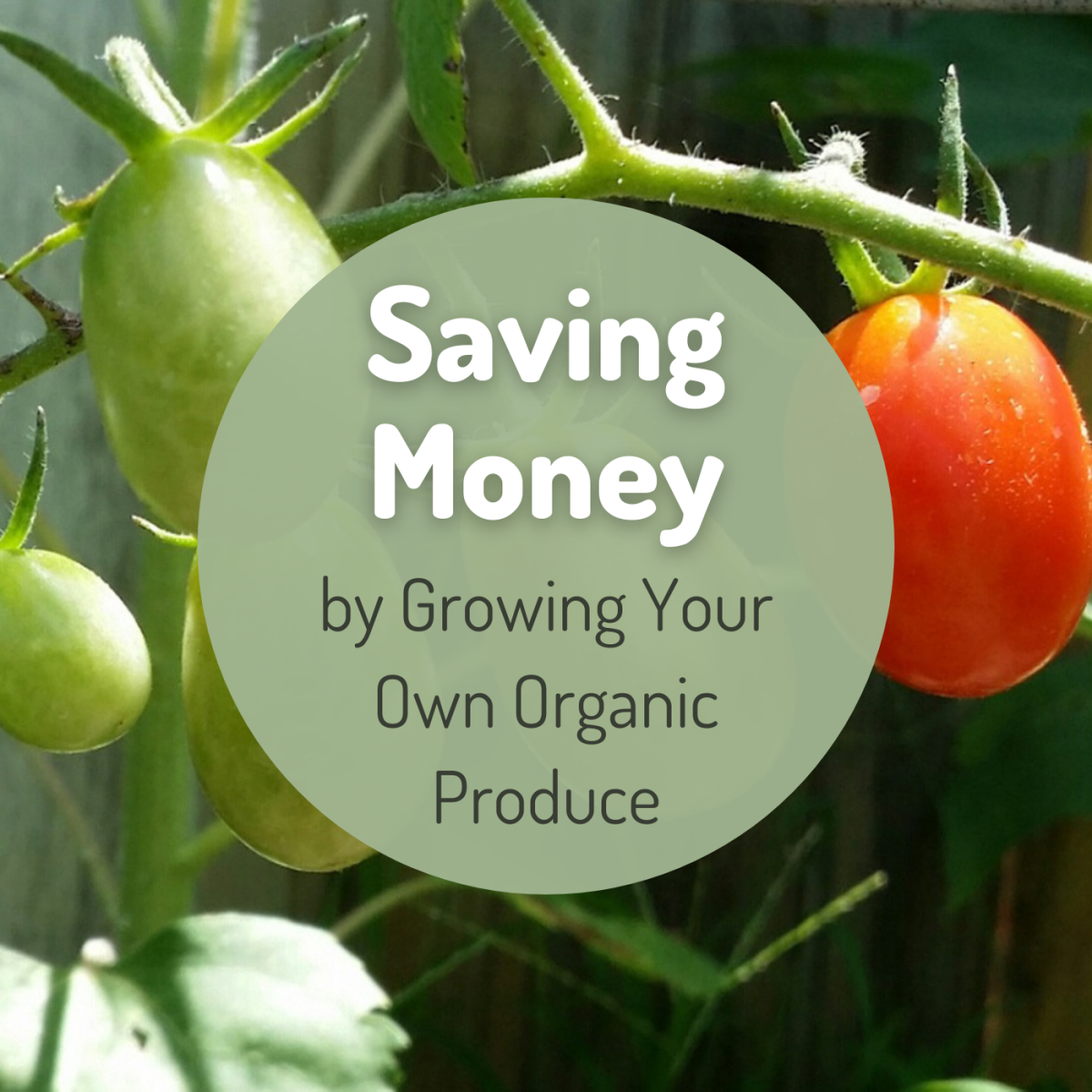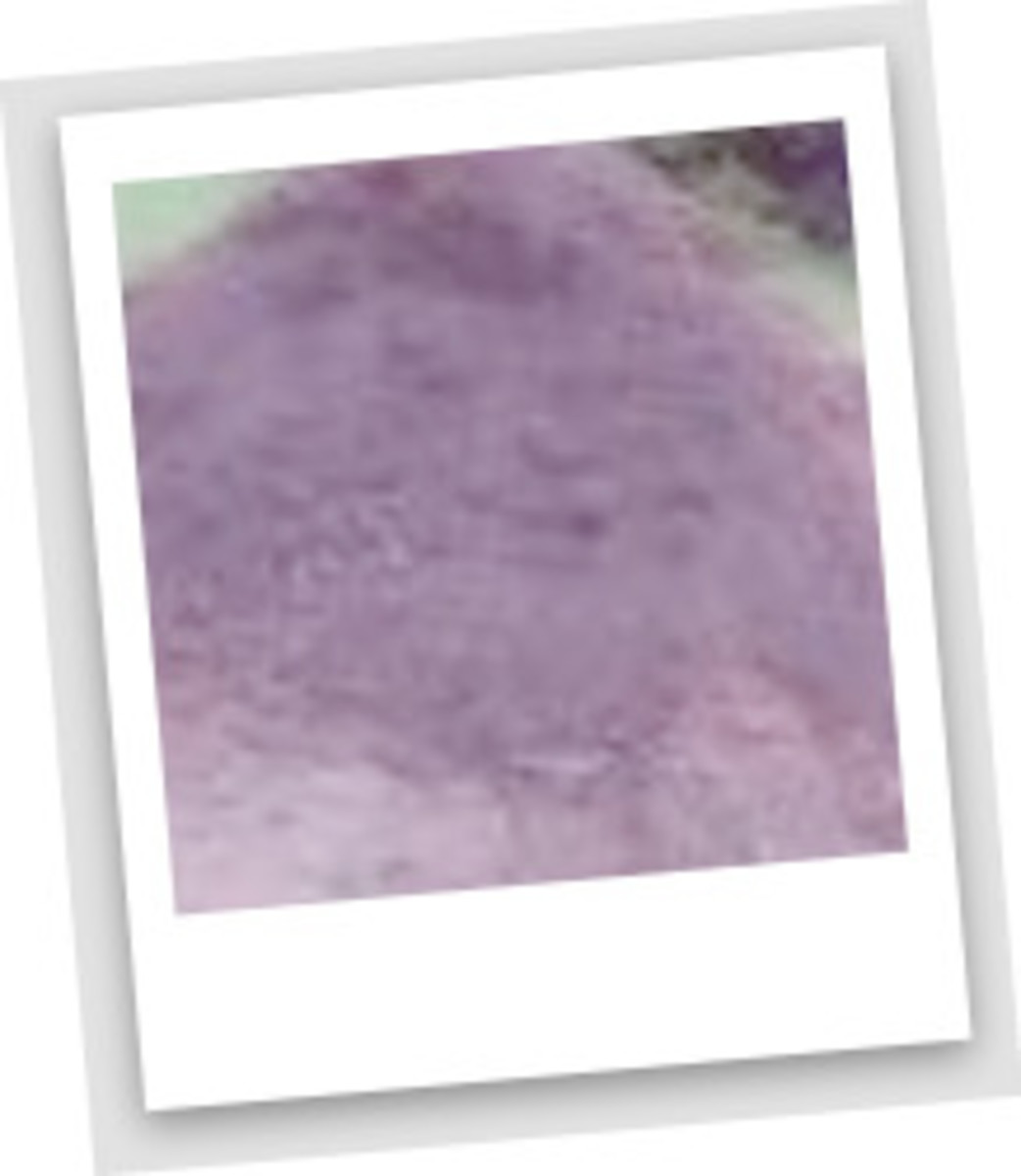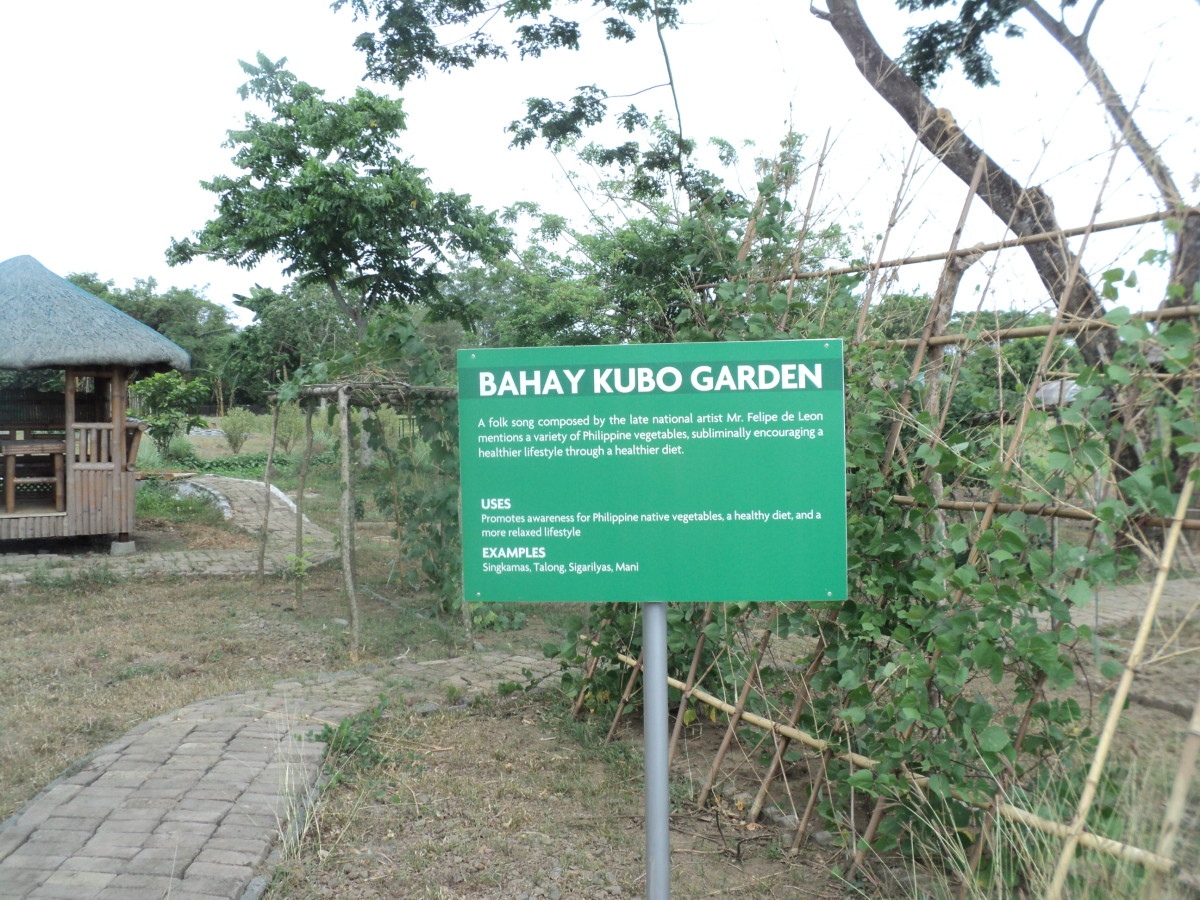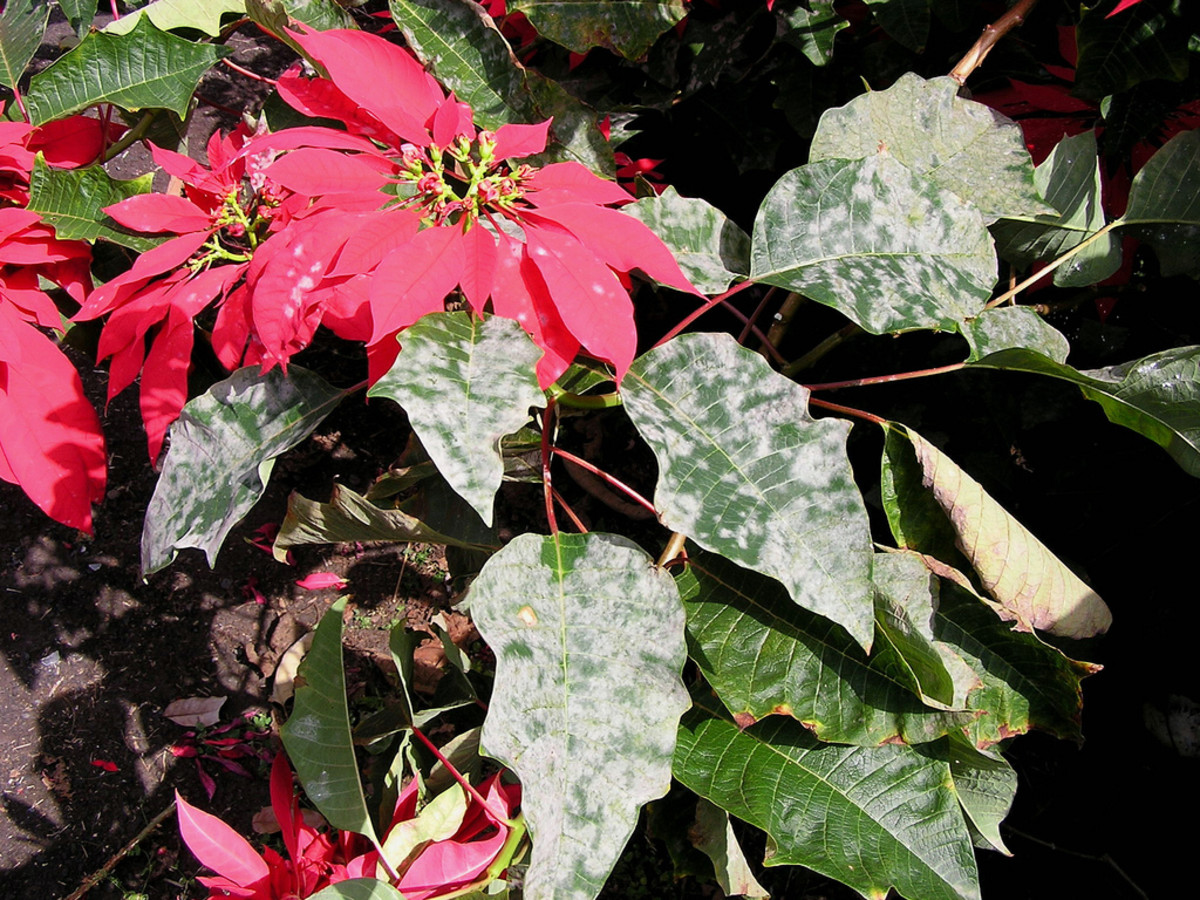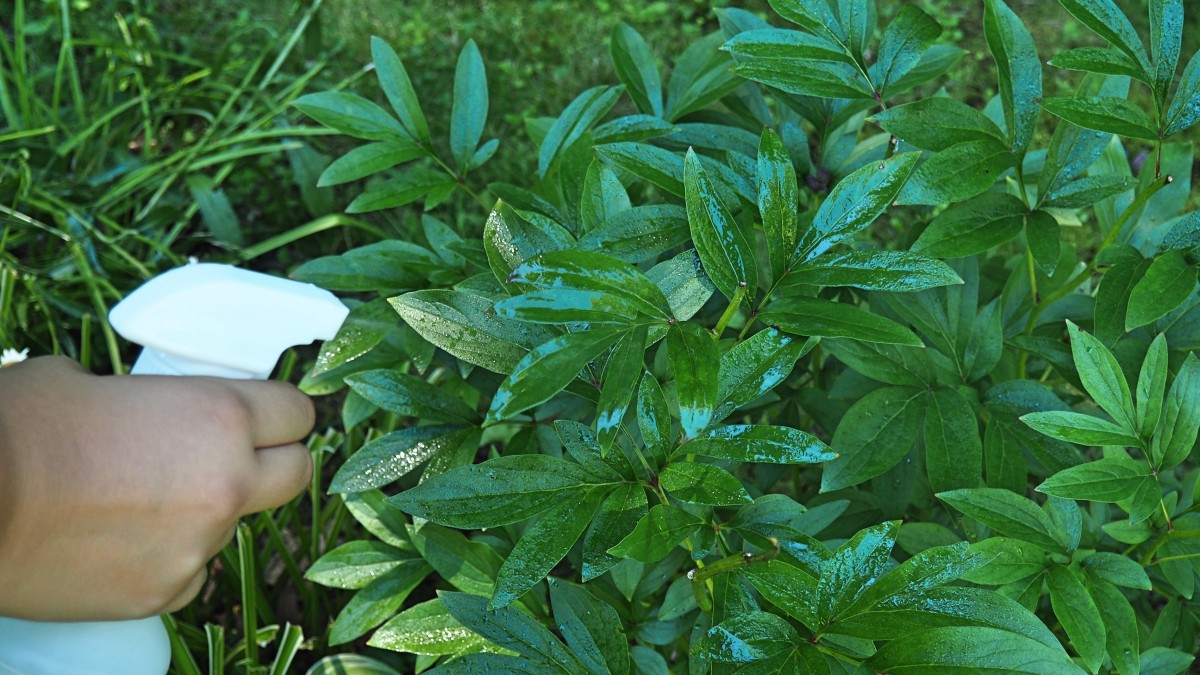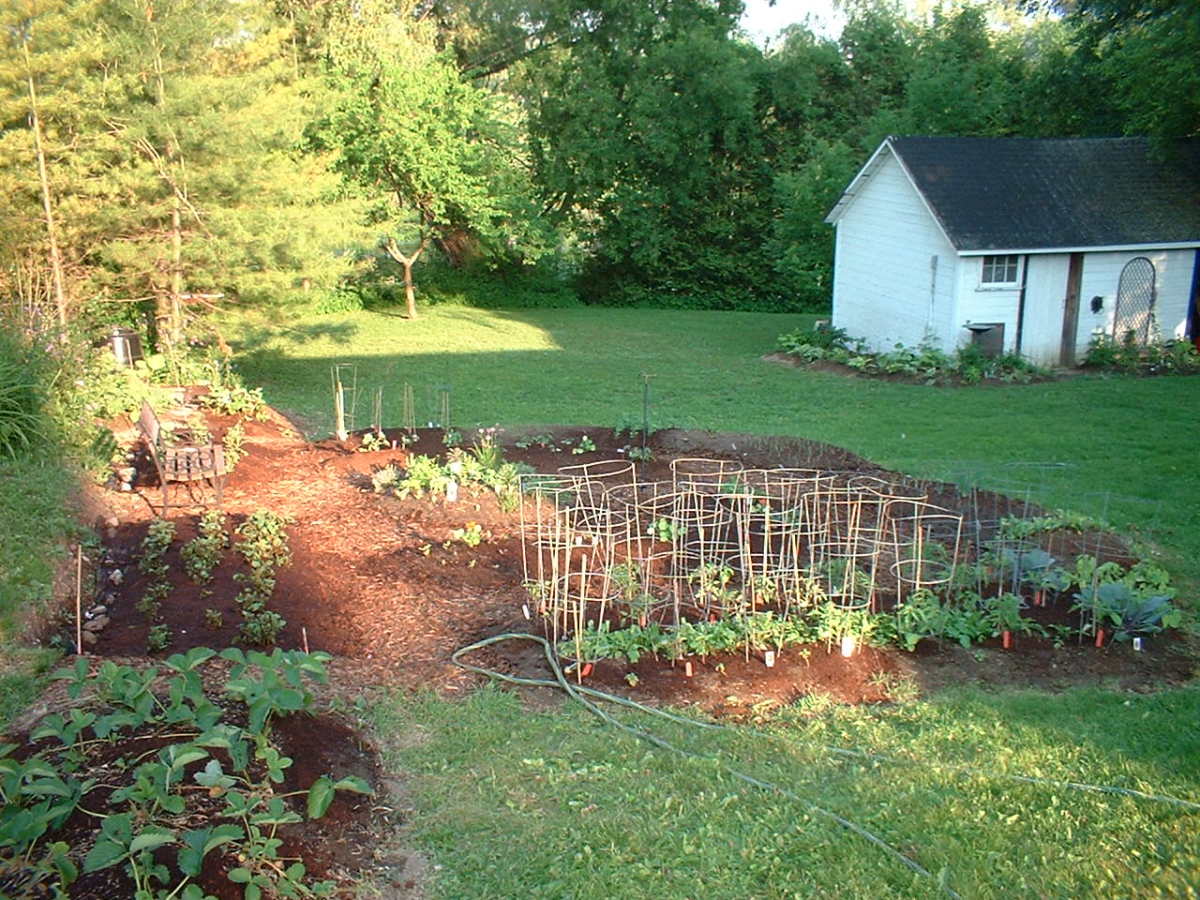Growing Organic Vegetables and Herbs
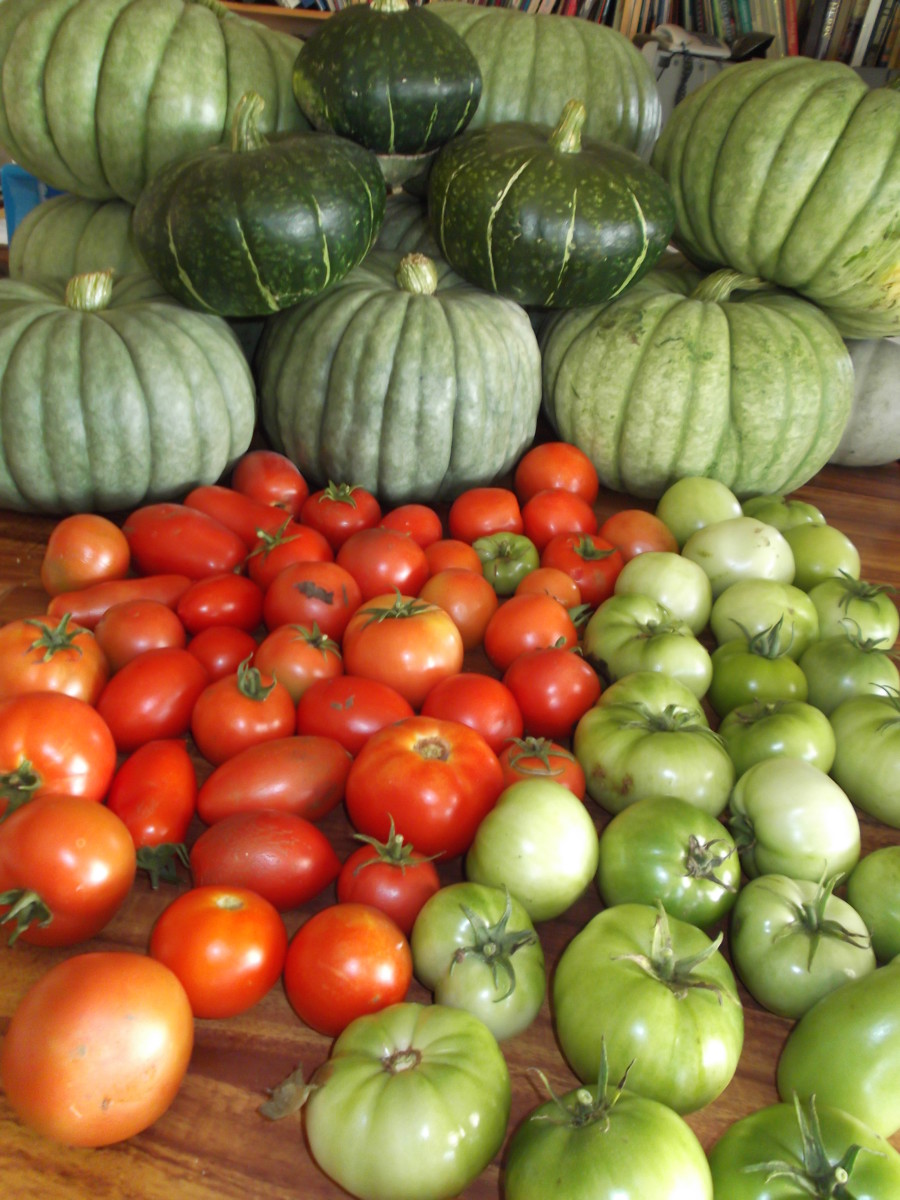
Treat yourself
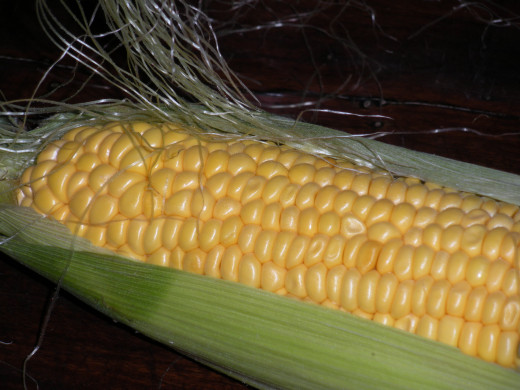

Organic beauty
Not only can you see the difference, you can taste the difference between fresh organic produce and store bought foods.
Vegetables and herbs from my organic garden have authentic colour, authentic aroma, their intended texture and a taste rarely found in supermarkets.
Tomatoes explode with rich full flavour unadulterated by the processes of early picking, storing, travelling and ripening to coincide with reaching shelves in stores across the country.
Celery is crisp and crunchy, so too are the stalks of asparagus shooting from the ground.
Pumpkins swell while their vines still wander. Onions meet the challenge as thread-like stems grow big enough and strong enough to hold their heads up proudly.
Corn picked fresh begs you to sink your teeth into the cob before the natural sugar converts to starch and transforms from alkaline to acid-forming in your body. Even the soft, fine threads of corn silk can be used to make tea or stock for a soup.
Organic vegetables fresh from the garden
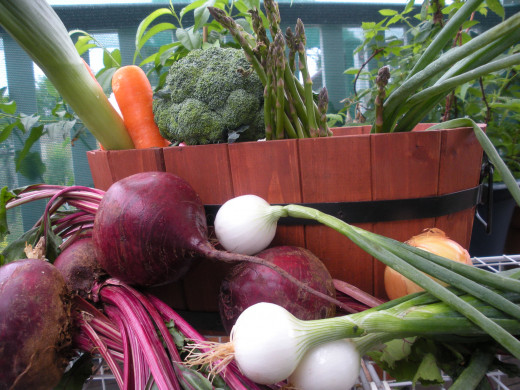
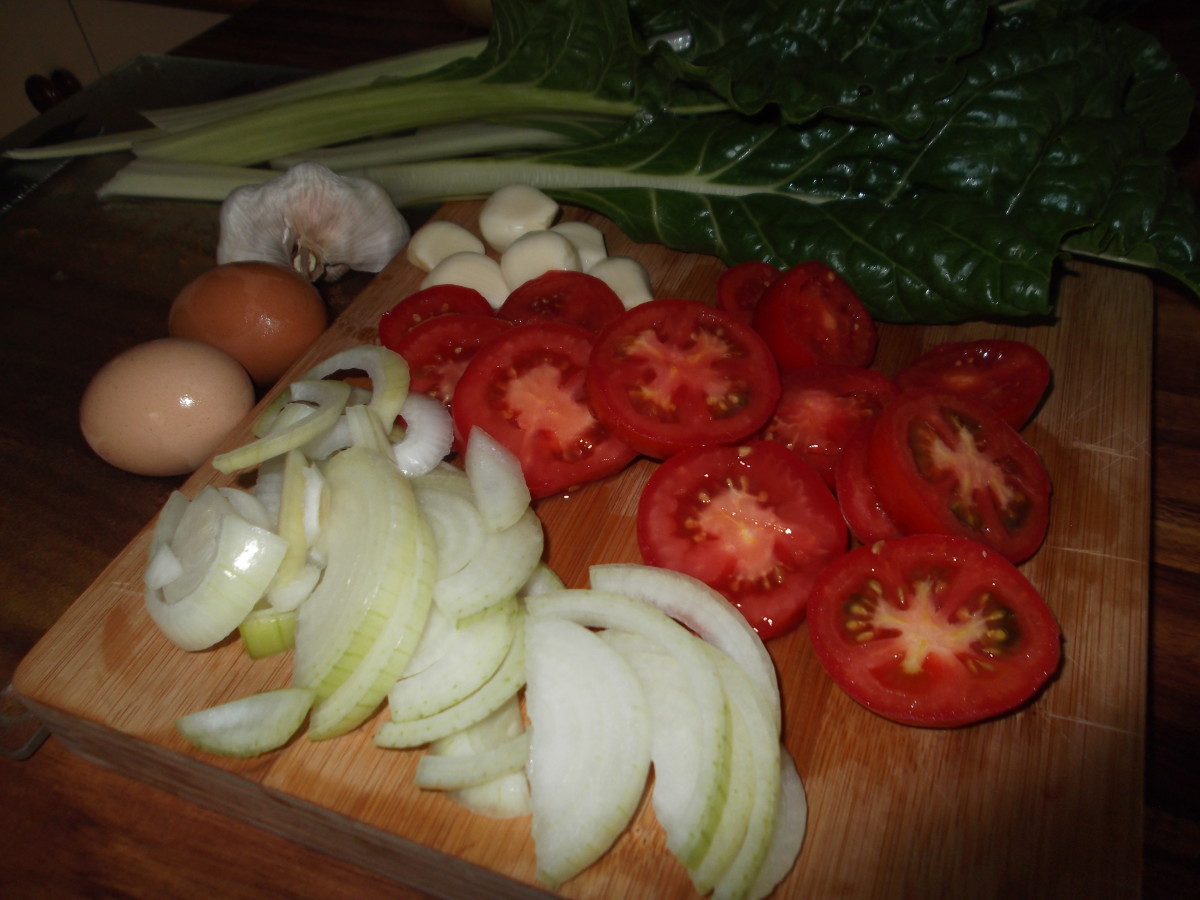
Occasional imperfections
Sometimes there's a blemish on organic produce just as there will be occasional blemishes on commercially farmed crops but because I grow my own foods I know precisely what caused every tiny mark so there's no waste due to fear or fussiness.
Growing your own organic foods you quickly learn to connect the clue with the culprit. A crowded spot in your garden will result in at least a few rubs and impressions and as you pick, pluck or pull the treats from that section you make note to leave a little more space next time. Or maybe not, because an abundance of fresh fruit, herbs and vegetables makes you more forgiving of the occasional imperfection.
In the kitchen you can slice away the offending portion knowing full well that the rest of the product is as close to perfect as nature allows. If you have poultry or any of many farm animals it may be destined for the bucket of treats to be shared with your farmyard friends.
Equally as important if you are growing organic vegetables and herbs in a small backyard or on a sunny deck, any foods with slight blemishes can be added to your worm farm or compost heap. The nutrients ultimately are returned to your soil.
The only exception to the composting option is if the clue indicates a culprit that's likely to thrive in the compost. Some bugs that invade organic vegetables can't be reliably killed in the warmth of your compost heap.
Bugs are best fed to the chickens if you know they will eat them, or tied in a bag and put out with your rubbish if you have no other option.
Blanket of organic mulch
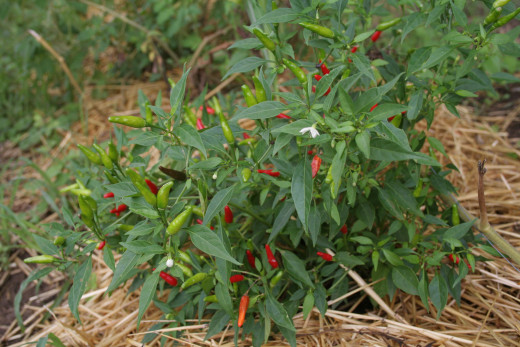
Sheltered from the sun

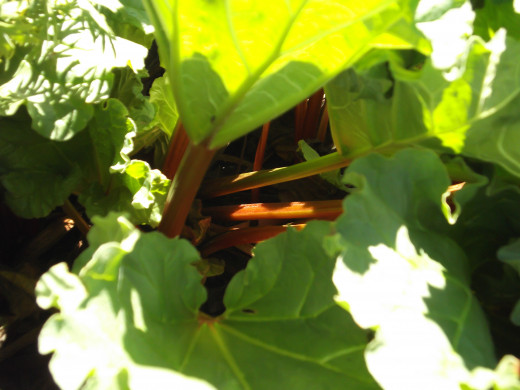
Small investments can reap large rewards in your organic garden
Understand your organic garden
Think of your organic garden as a living entity. It needs plenty to eat and drink, warmth in the winter and protection from hot sun in the summer - just like you do. Every now and then it needs a rest. If you apply the same logic to your organic garden that you apply when caring for yourself, the task becomes much easier.
Feed your organic herbs and vegetables with lots of compost. Compost most manures before you add them to the soil around your herbs and vegetables in the same way that you cook your own meals. Composted manure is easier for the plants to access nutrients and eliminates the risk of burning the roots of your plants.
Manure in an organic garden
Nitrogen, phosphorus and potassium are the major plant nutrients.
- Nitrogen stimulates leaf growth so all plants need nitrogen.
- Phosphorus encourages fruit development and benefits seed fertility.
- Potassium is the major contributor to root growth and strengthening stems. It also helps set fruit.
Chicken manure has a good balance of these three nutrients but ammonia is released when it is fresh which is why you should either add it to your compost to decompose before spreading it around your plants, or add it directly to an area of your garden that is not yet planted so it has time to break down.
Cow manure is great for the organic compost pile but horse manure is a little slower to compost. Often I've found weed seeds eaten by wandering horses are too resilient to be damaged in the compost, so horse manure is my least favorite.
I use pigs to weed my vegetable gardens and I also feed the pigs lots of excess fruit and vegetables. In return, they give me a ploughed garden ready for springtime, complete with the addition of manure.
The best manure, of course, has no drugs or chemicals so you need to obtain manure from a reliable source. We use natural, organic, medicinal herbs to prevent intestinal worms and other ailments in our farm animals.
Water and warmth
Plants drink water and enjoy an occasional drink of herbal tea. Try to avoid town water with chlorine and fluoride and any other additives. Keep watch for a water tank for collecting rainwater. It doesn't have to be huge if you can't afford it or have limited space in your garden. A few hundred litres is an easy size for setting up when the tank is empty - and remember to raise it onto blocks so you can fit a bucket or watering can under the tap. There is no point wasting good water through a hose when you are simply watering the top layer of soil containing new seeds or small seedlings.
Mulch provides the blanket of warmth over the roots of your organic herbs and vegetables during cold weather, and it protects the roots from being quickly dried and baked during harsh summer sun.
The best mulch to use is a thick layer of well composted material because it feeds the plants while protecting them but any organic mulch is better than no mulch at all. When you mow the lawn in your yard, rake the grass clippings into small piles, turn them after a few days and, when they are dry, pile them around the base of your plants.
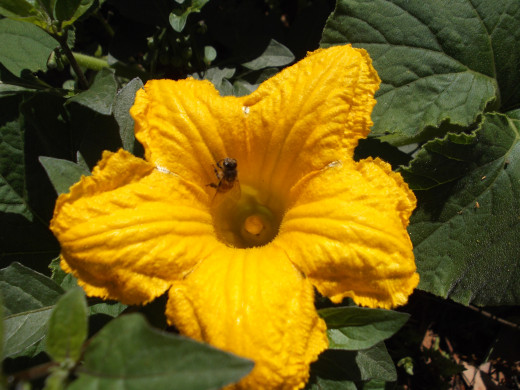
My top tips for plants to attract bees to your garden
- Melissa officinalis, also known as Lemon Balm, Bee Balm, Sweet Balm, Melissa and Cure-All. When it bursts into flower, lemon balm attracts countless bees.
- Fennel, Foeniculum vulgare, also known as Sweet Fennel, Wild Fennel, Carosella, Marathon, Meeting Seeds, Funcho, and Fenkel has multiple yellow flowers that act as a magnet for bees.
- Globe artichoke, Cynara scolymus. The purple spikes of a flowering globe artichoke come alive with bees.
Make every effort to attract bees to your organic garden. Once they arrive they will get to work fertilizing your vegetables and herbs. A source of water is also helpful for bees.
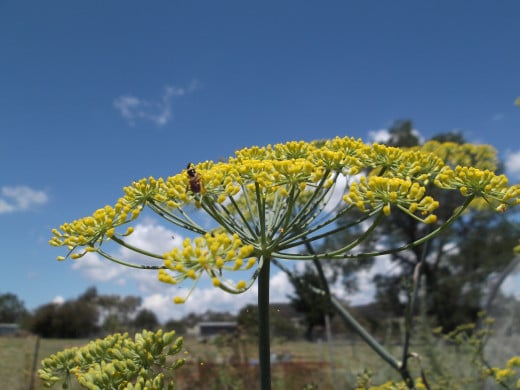
Meeting your garden's needs
You understand your organic herbs and vegetables need food, drink, warmth and protection but there's one more major ingredient in a successful organic garden.
Thinking again of your garden as a living entity and comparing the life of your garden to your own life, what is the missing ingredient in meeting your daily needs? Of course, an active sex life.
The single most useful visitor to any garden is the bee. Bees do more good in a garden than anything else. To compete with a bee you'd have to spend countless hours with a paintbrush and a toothpick delicately reaching into each and every flower on each and every plant and executing the fertilization process that nature provides courtesy of busy buzzing bees.
Because your garden is organic, you'll need to spend time in the garden checking for caterpillars and aphids and other intruders.
You'll remove pests by hand or spray them with a garlic or chilli spray or some other organic deterrent, so you're bound to encounter a lot of bees during the growing season. When you do, you'll want your bees to be mellow and happy so plant some lemon balm.
The essential herb for every organic garden
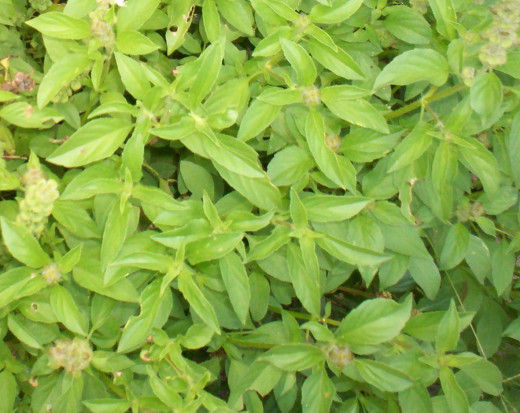
Lemon Balm
Every organic garden benefits greatly from lemon balm. Plant lemon balm in strategic points around your garden. Lemon balm attracts bees and, most importantly, bees that visit lemon balm seem far less aggressive than bees in other gardens.
Look for 'Melissa officinalis' in your local plant nursery. If it's not called Lemon Balm it might be called Bee Balm, Melissa, Sweet Balm or in some places, Cure-all. 'Melissa' is Latin for bee. It is a medicinal herb traditionally used as an anti-depressant to calm, relax and refresh. Lemon Balm tea was used to soothe crying babies and calm the nerves of adults. Seems it also works on bees.
Don't spend a fortune buying many plants. Just start with one or two small punnets and tend them carefully. Lemon balm grows in sun or shade and is easily propagated by cuttings, root division or seed. With time you can create as many plants as your garden needs.
Healing herbs
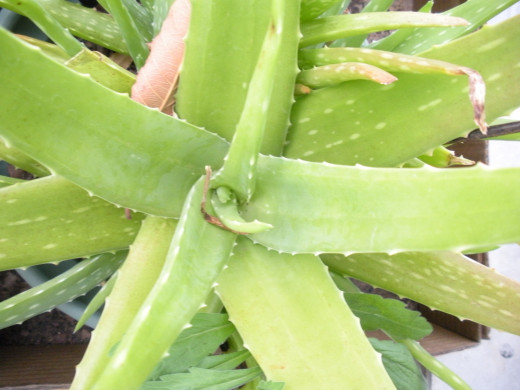
Helpful herbs for you and your garden
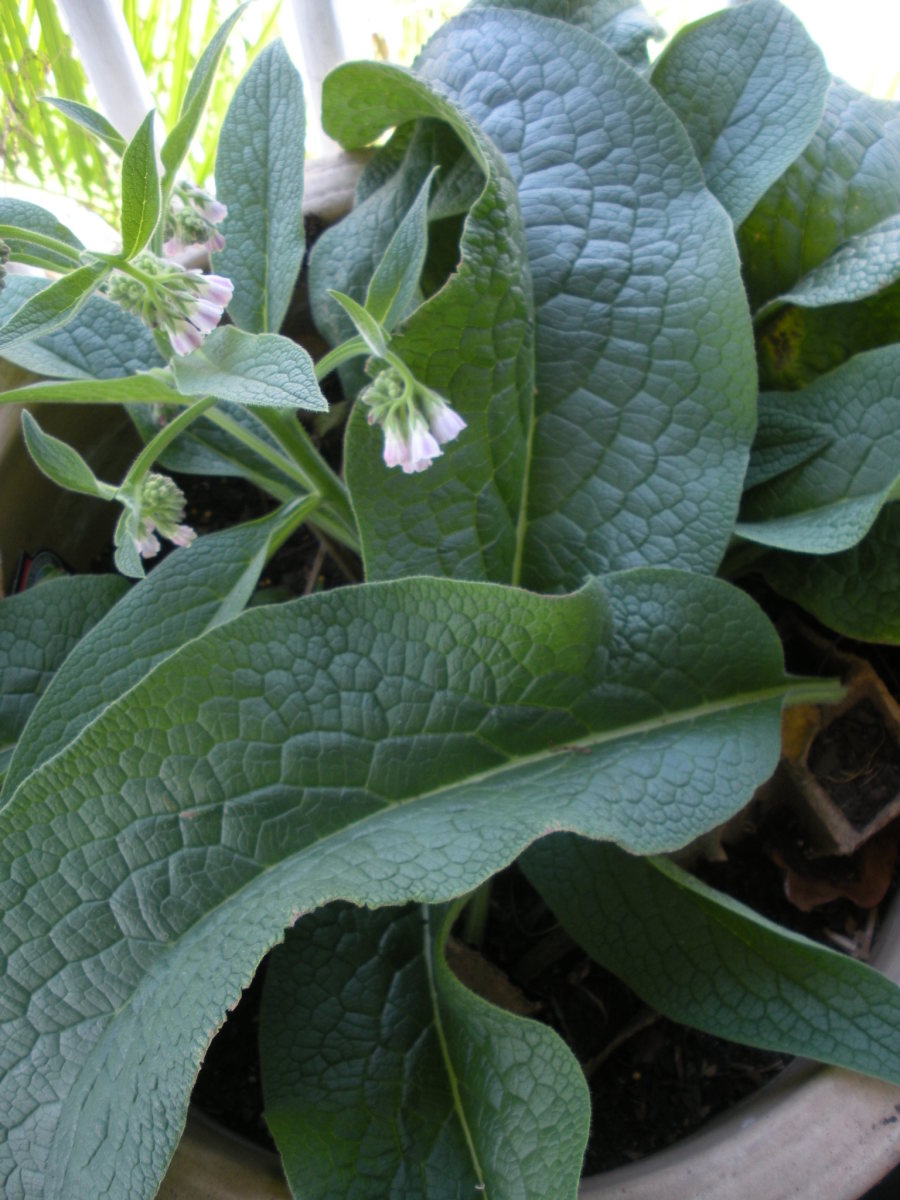
Appreciate nature's efforts
Growing organic vegetables and herbs gives you a chance to see nature in all its glory
Some plants grow slow and steady, others seem to burst from the ground and throw themselves into their life cycle. The space you allocated suddenly seems way too small and you are forced to tread lightly over tentacles you never expected. That's the fun of organic gardening.
Nature requires the organic gardener to be bold and brave when pests appear and wreak havoc.
You may have to net your tomatoes to keep the birds away, place an old lace tablecloth over a frame to protect cabbages from cabbage moth because you know that caterpillars will follow, and decide whether to take a torch and a bucket into the garden during evening rain to collect the snails as they reveal themselves or whether you'd rather create a concealed trap for them filled with beer.
Creative problem solving is a necessary skill for every organic gardener.
Some herbs are best grown under shelter or in pots that can be taken indoors before the arrival of frosts. Some vegetables demand to be in the ground from the moment the earth warms. Your organic garden is a living entity and can be just as idiosyncratic and temperamental as any member of your family.
Love it, accept it, tend it, and appreciate nature's efforts.
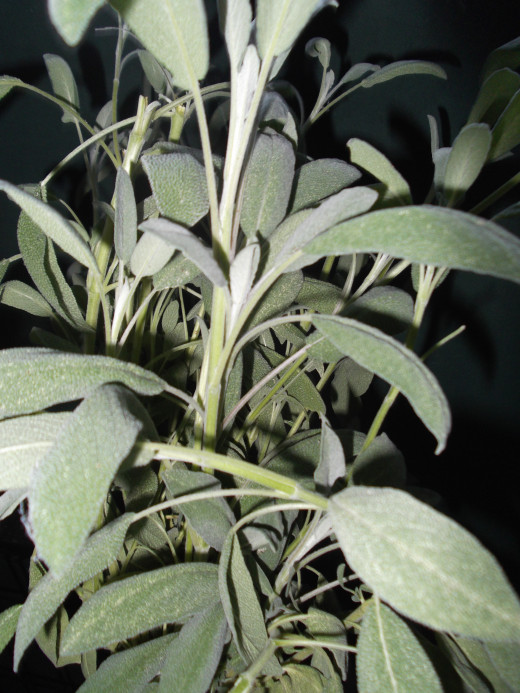
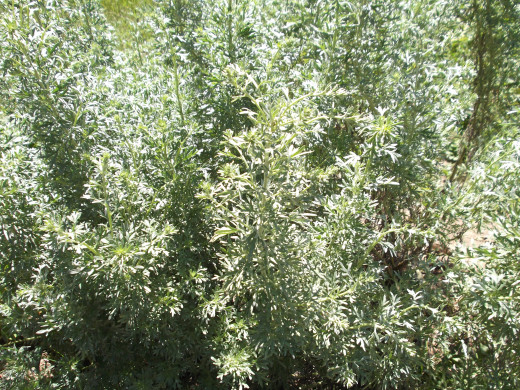
Learn about the herbs you grow
Learn from your mistakes
Don't be too quick to rip what seems like a dead stick from the ground. There will be times, even during the active growing season when you fear failure. Seeds you plant take longer than you'd hoped to germinate. Leaves turn yellow or brown and fall to the ground. Plants go to seed before you've harvested the leaves for your herbal tea or great green leaves suddenly wilt in the heat and seem beyond salvation. Don't panic. Just wait. Use the internet or your library of gardening books to look for the problem and find an organic solution. Continue to water and tend the plant and more often than not you'll find a new burst of energy results in a bigger, better result next season or sometimes even within weeks.
Let some of your plants self-seed because the strongest plants adapt to your climate and environment and will cope much better with each new generation. Don't dig the ground needlessly and expose hidden weed seeds every year. Feed the ground and wait for new growth, planting winter and summer crops alternately but leaving sufficient debris from the previous crop to establish itself when the conditions are right.
Learn from your mistakes. If you suspect that you planted a shade loving plant in a spot that's too hot, try again in another place in your garden. If your hose won't reach the tomatoes or pumpkins, buy a longer hose or carefully transplant them to a more accessible position.
Be brave enough to experiment with techniques and with plants themselves. Choose the vegetables you like to eat, and the vegetables that are easy to grow. That way at least you'll always have something on the table.
Include useful herbs in your garden. Research the culinary and medicinal uses of herbs available in your local nursery. Choose a few herbs that help repel pests like wormwood but make sure you mark them so you're not tempted to chop them up and toss them in a salad by mistake.
Everything in an organic garden has a role and understanding those roles will determine the success of your garden. Study developments in your garden and take notes. It may take a few years but with time you will anticipate and prevent problems, and anticipate and take full advantage of opportunities.
Organic gardening is just one part of our off-grid lifestyle.
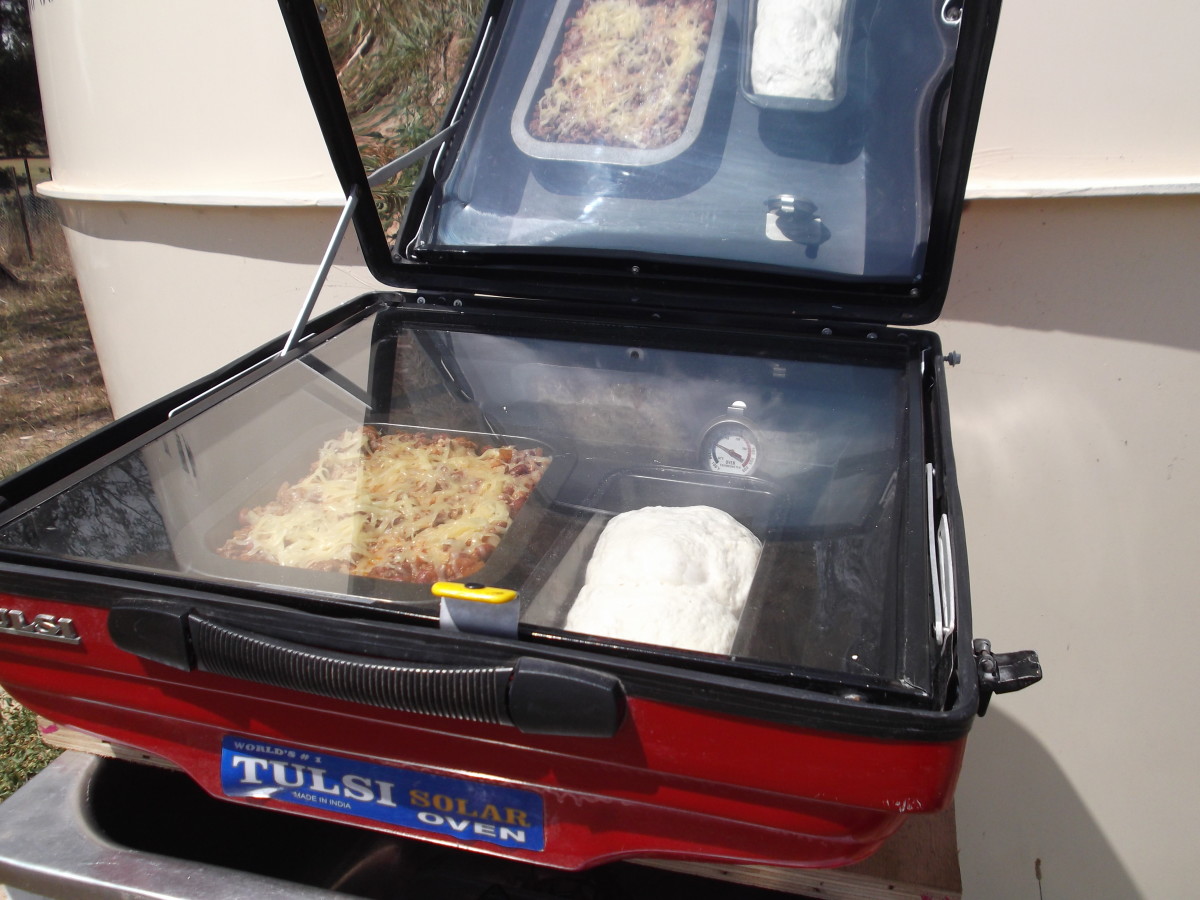
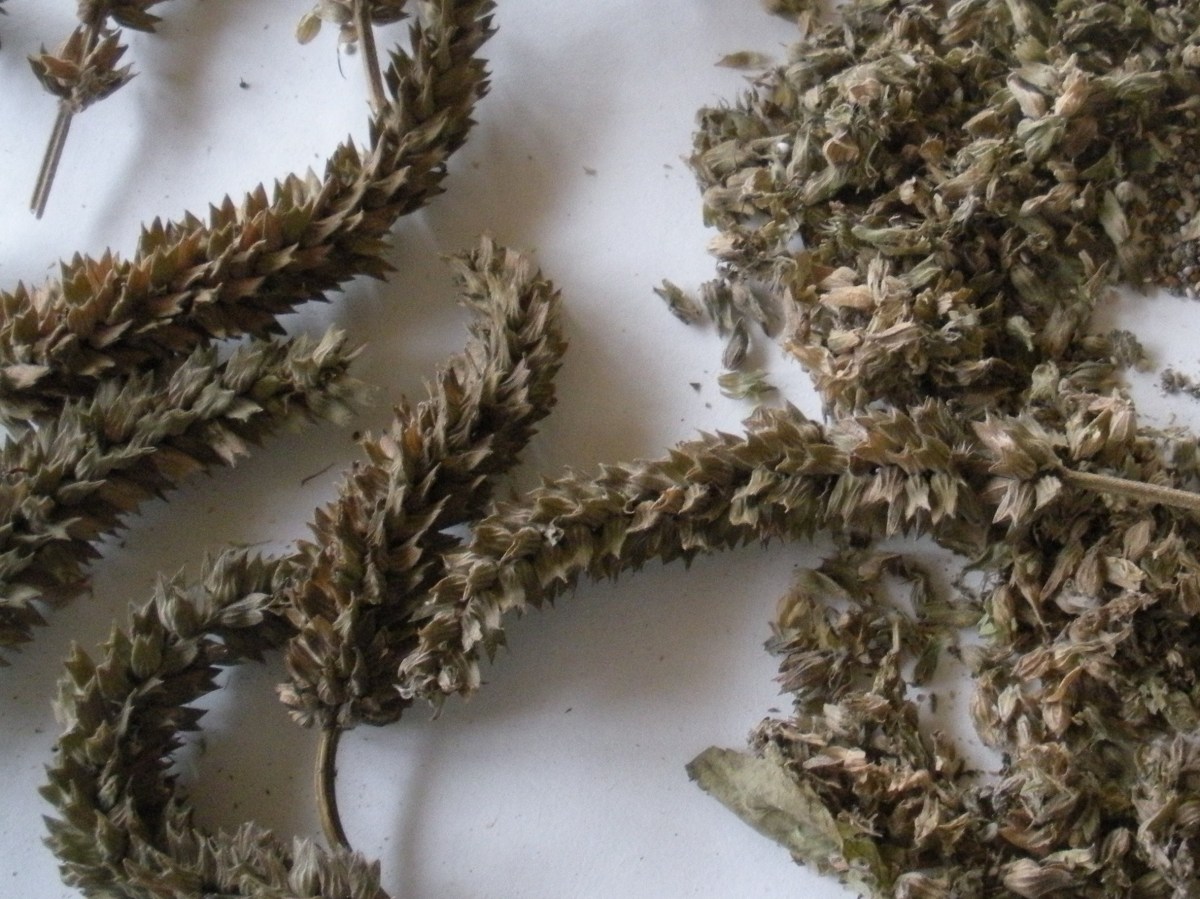
More of my hubs about organic gardening
- How I grow and harvest organic Chia seeds
Chia is easy to grow, and has lots of nutritional value. Save money by growing your own chia using seed from a health food store. - Cooking with Sunshine in my solar oven
Great cost savings and delicious healthy meals.
© 2013 LongTimeMother



